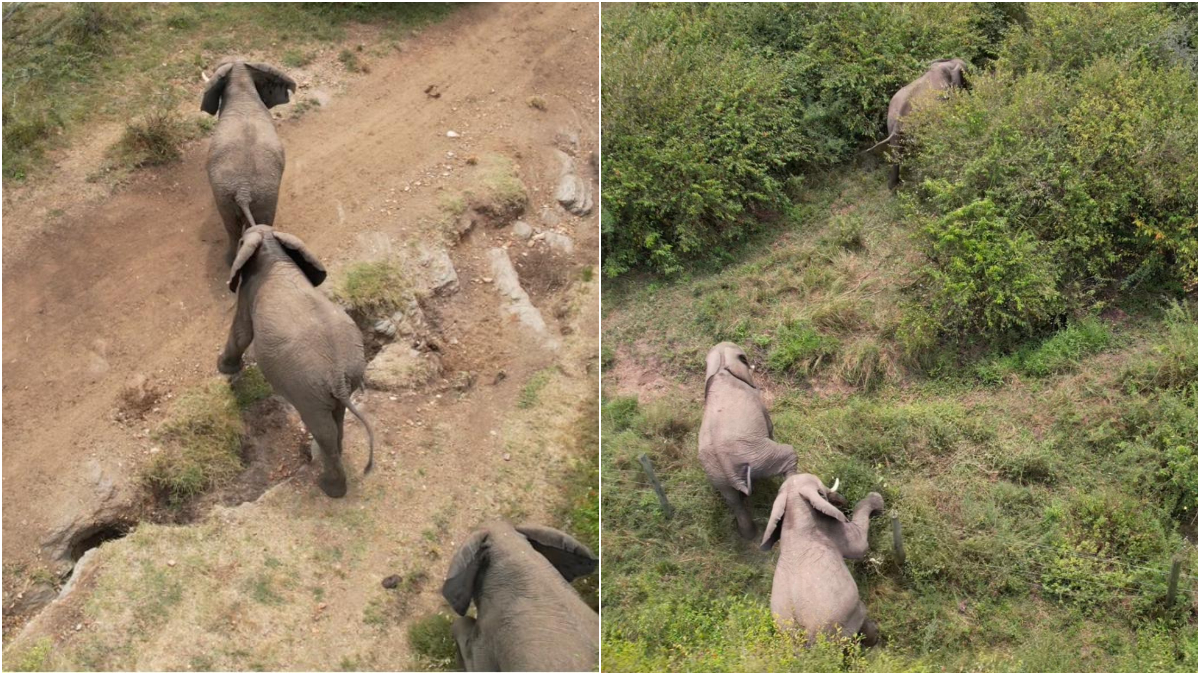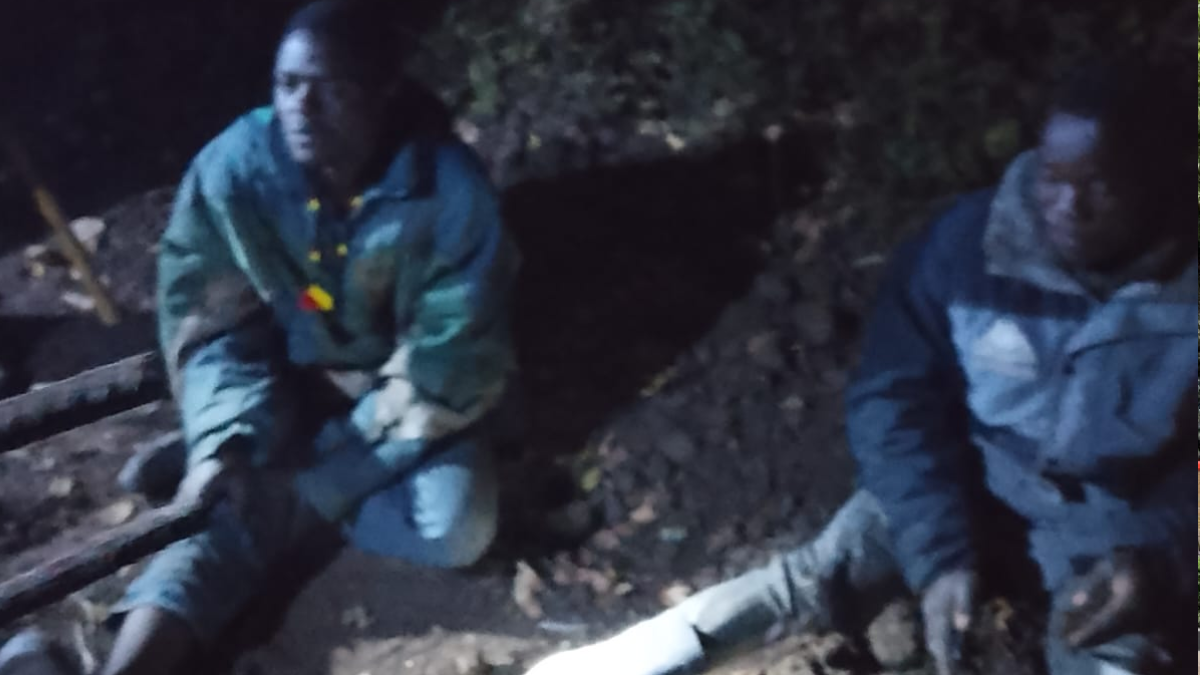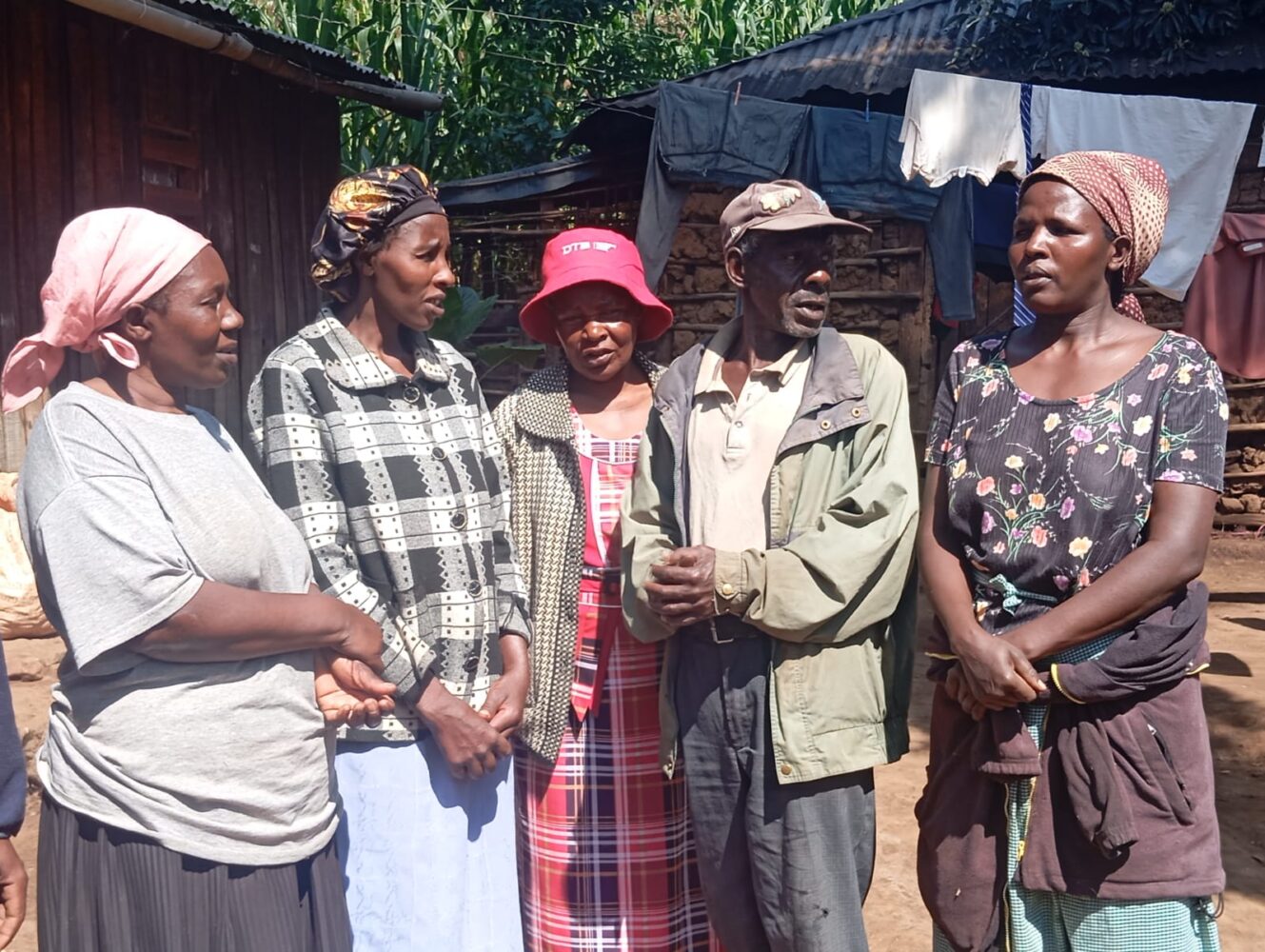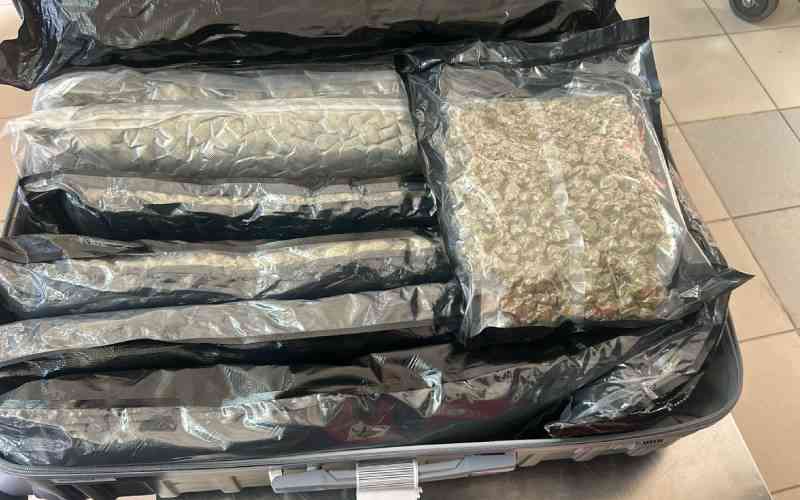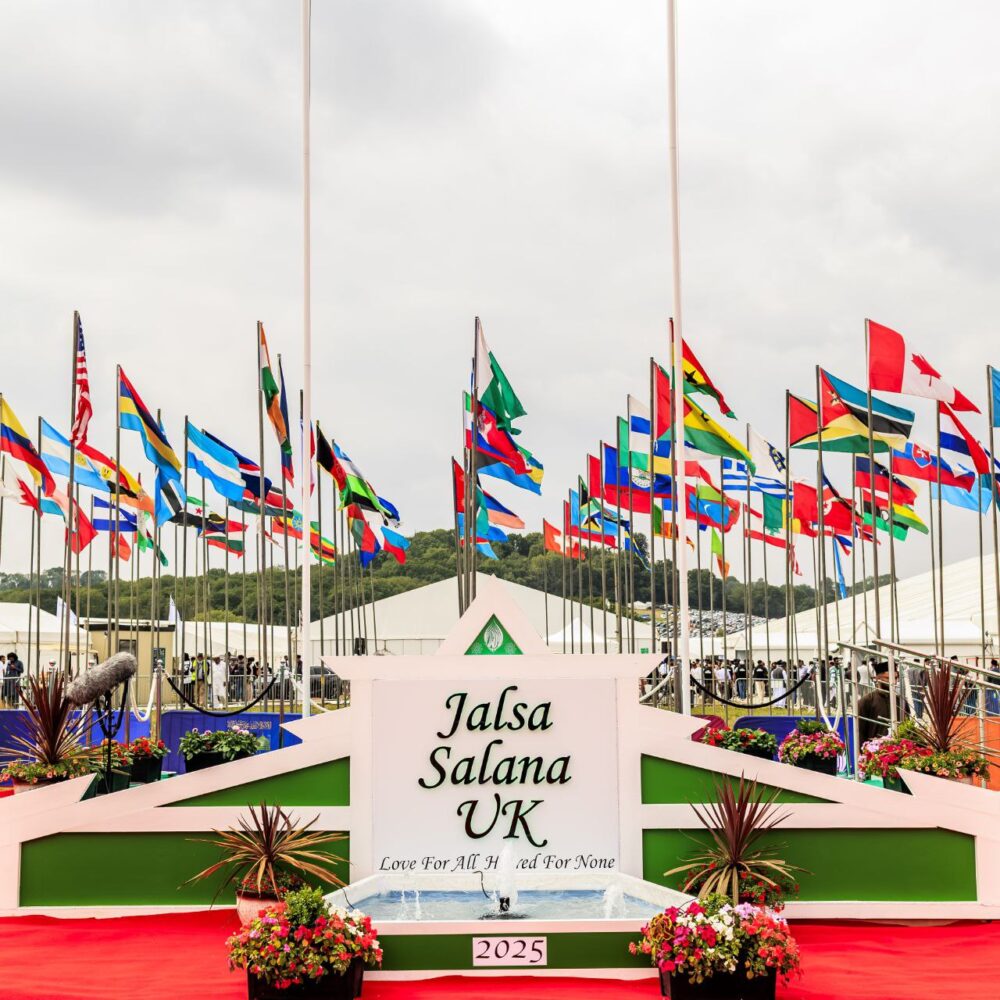The Kenya Wildlife Service (KWS) has successfully and safely guided elephants that had strayed into Nkoilale community area in Narok County.
In collaboration with the Mara Elephant Project (MEP), the Service employed the services of advanced drone technology to safely guide the elephants back to Naboisho Conservancy.
“Elephants play a vital role in maintaining ecosystem balance, and every effort helps in their conservation!” the KWS says. “Our collaboration underscores the importance of partnerships in tackling wildlife challenges and promoting human-wildlife coexistence.”
To report any wildlife incidences, KWS is urging members of the public to call “our 24-hour toll free number 0800 597 000 or WhatsApp 0726 610509 for immediate intervention.”
Elephant conservation efforts
KWS has, this year, stepped up its efforts to tap into collaborative opportunities with different stakeholders, in boosting its conservation and managing capacity, especially for elephants.
In May this year, KWS received a vehicle fleet donation worth over 400,000 US Dollars from the Shiraz and Leili Wildlife Foundation.
This substantial contribution is set to enhance KWS’s Vet and Capture Unit’s capabilities, given that the unit plays a crucial role in the capture and relocation of wild animals within different wildlife occupied areas both within and outside the Service’s jurisdiction.
The vehicles would be utilized by KWS Vet and Capture Unit, particularly in capture, relocation, reintroduction, and restocking of animals in less populated areas, as acknowledged by KWS Director General Dr. Erastus Kanga.
Human-Wildlife Conservation
In March this year, KWS also marked a significant milestone in its conservation efforts when it launched the National Human-Wildlife Coexistence (HWC) Strategy and Action Plan 2024-2033.
The action plan seeks to further boost KWS’s efforts of achieving a harmonical coexistence of humans and wildlife in the country.
The strategy entails five components aimed at fostering sustainable wildlife conservation while effectively mitigating human-wildlife conflicts: Land and Space Management, Innovative Mitigation Strategies, Capacity Enhancement, Institutional Reforms, and Wildlife Economy and Compensation.
Even with the elaborate strategy and action plan, KWS insists that its success is dependent on collaborative efforts from all the stakeholders in the sector, as well as innovative approaches.


